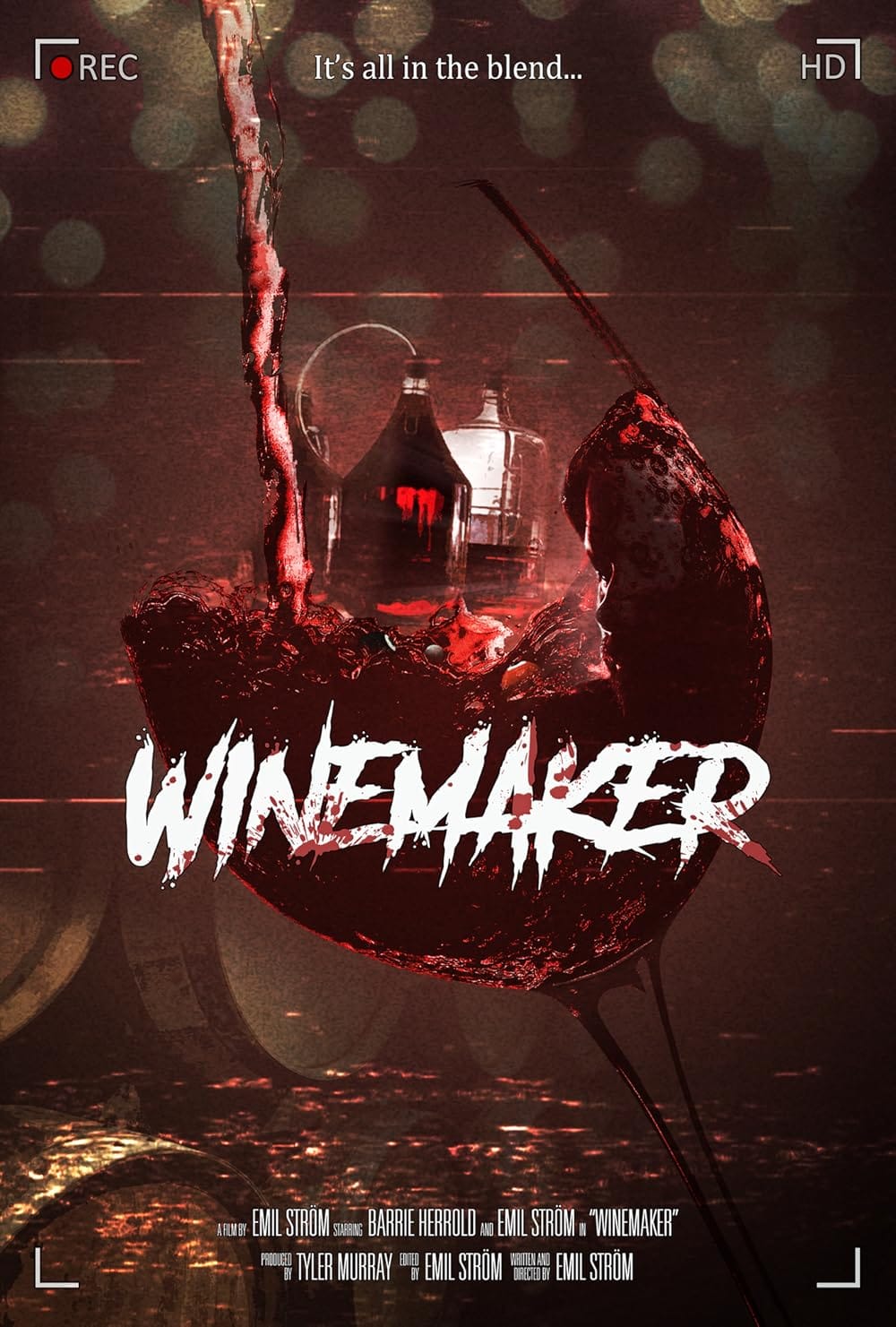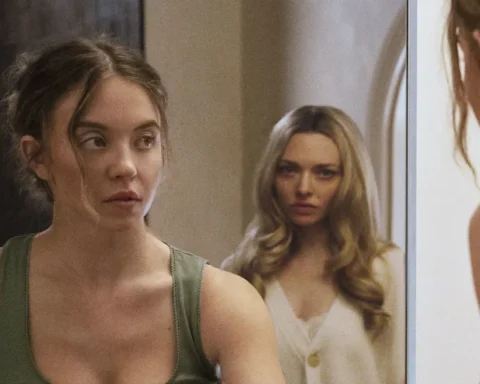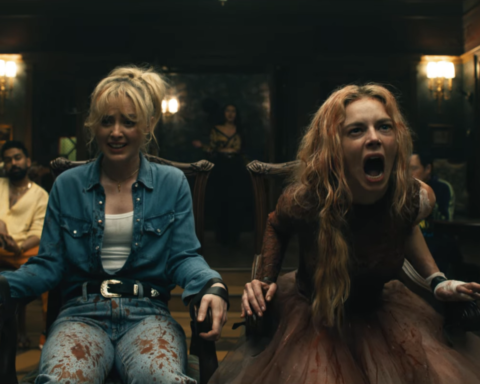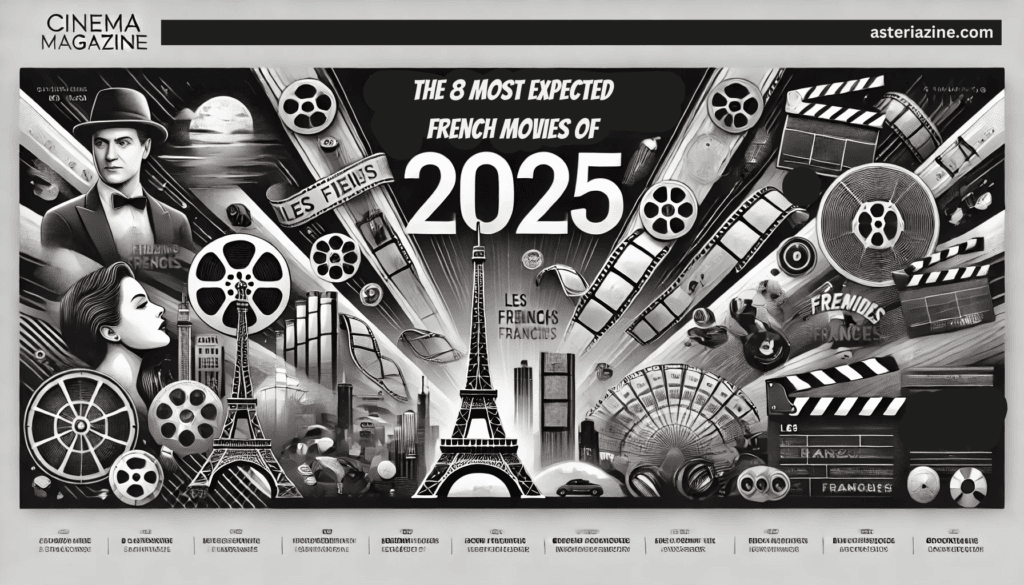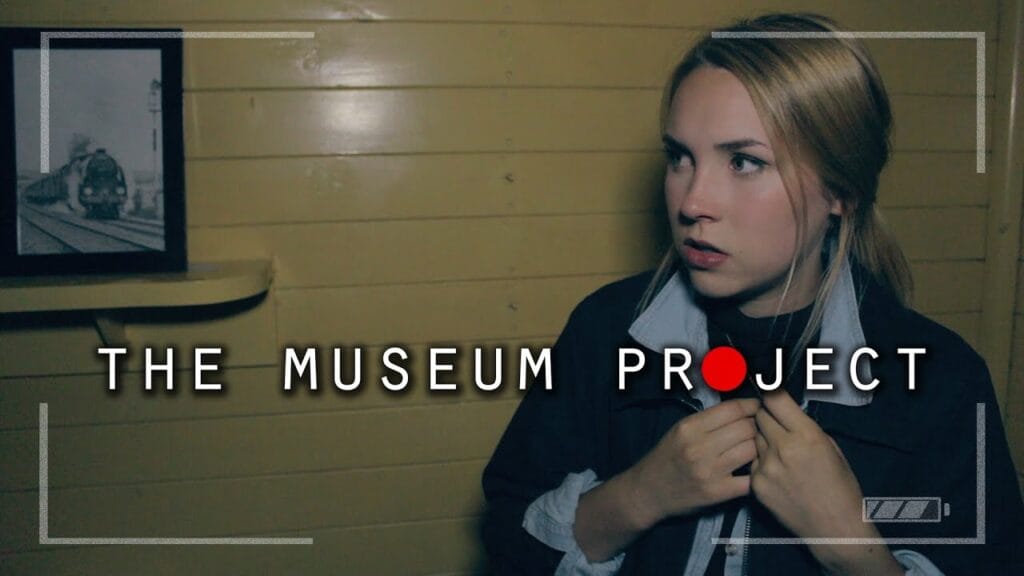The indie mockumentary Winemaker offers an intriguing premise—blending (pun intended) the meticulous craftsmanship of winemaking with a dark and mysterious narrative. However, as with many such experiments, the film’s execution and impact might leave audiences as divided as critics at a wine-tasting competition. Here’s a closer look at its strengths, flaws, and the broader implications of its artistic choices.
A Striking Visual First Impression
The film’s promotional poster deserves special mention. It exudes a gallery-worthy, enigmatic artistry that invites viewers to peer deeper into the frame, much like one would swirl and sniff a glass of wine before tasting. It suggests layers, nuance, and subtlety—qualities we often associate with great films. Unfortunately, the promise of such subtlety proves fleeting. The film’s actual content delivers more of a haphazard, rough-around-the-edges indie feel, where intriguing ideas coexist with uneven execution.
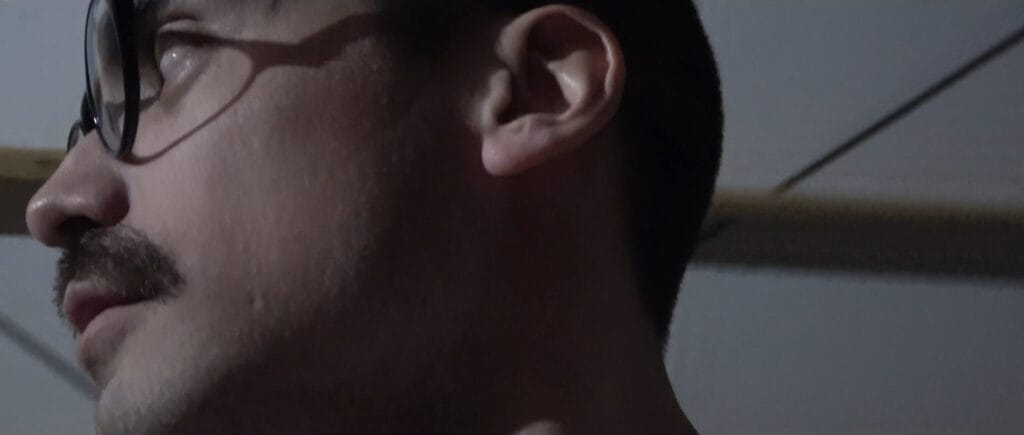

A Premise with Potential
At its core, Winemaker revolves around a vlogger documenting unconventional vinification methods. The introduction of a mysterious vintner and his seemingly impossible ability to maintain an entire vineyard alone sets up an eerie atmosphere. The early focus on New Age spiritualism and the cryptic use of “special fertilizer” hints at deeper layers of social commentary or psychological horror. However, as the plot unfolds, it trades its potential depth for predictability.
Let’s address the elephant—or rather, the fertilizer—in the room. The “secret ingredient” being human remains is a reveal so telegraphed that it borders on parody. In an age of postmodern horror saturated with cannibalistic metaphors (Raw, Fresh, and Bones and All come to mind), this twist feels like it’s playing catch-up rather than innovating.
A Clash of Styles: Found Footage Meets Parody
The film operates in the found-footage style, which inherently invites a raw, visceral intimacy. When done well, this genre can blur the lines between fiction and reality, amplifying tension through its immediacy. Yet, Winemaker seems unsure whether to lean fully into its horror potential or embrace a self-aware, parodic tone. The result is a tonal inconsistency that undermines both its creepier and its funnier moments.
The “party-turned-dark” sequence—where the vintner shifts from convivial host to menacing figure—is emblematic of this clash. What could have been a nail-biting descent into madness instead feels like a patchwork of clichés, interspersed with attempts to mimic films like Creep without achieving the same unsettling authenticity.


Thematic Underdevelopment
Despite its superficial New Age trappings and occasional allusions to agricultural mysticism, the film does little to explore the broader implications of its themes. What does the vintner’s solitary obsession with perfection say about the human condition, our relationship with nature, or the pursuit of art? The potential for commentary on exploitation—of people, of land, of tradition—is hinted at but never meaningfully explored. Instead, the film remains content to skim the surface, relying on its central twist to carry the weight of its narrative.
The Problem with Flashbacks
The film’s closing sequence introduces a series of flashbacks that are as jarring as they are confusing. While the intent seems to be retroactively enriching the narrative, the execution feels muddled. For a film so reliant on its structure, such confusion detracts from the impact of its finale. This narrative choice inadvertently underscores a broader issue: the lack of coherence in the film’s storytelling.
Who Is Winemaker For?
This film will likely appeal to niche audiences who revel in the peculiar charm of indie horror and found-footage experiments. If you’re someone who enjoys creepypastas or relishes the low-budget absurdity of Crypt TV shorts, Winemaker might offer an entertaining (if flawed) experience. Its lack of polish and predictability might even enhance its appeal for fans of “so bad it’s good” cinema.
On the other hand, those seeking profound scares, thematic richness, or expertly crafted tension should look elsewhere. This is a film best approached with tempered expectations and a taste for campy, offbeat horror.

A Film Like Table Wine
Winemaker is, ultimately, a rough-hewn product—more table wine than fine vintage. Its quirky premise and occasional flashes of wit suggest potential, but the lack of thematic depth and tonal coherence leave it feeling underdeveloped.
In a cinematic landscape where horror films increasingly grapple with big ideas and intricate aesthetics, Winemaker feels like a step backward. Yet, for those willing to embrace its idiosyncrasies, it might still offer an enjoyable—if not particularly memorable—experience. Like the enigmatic vintner at its center, the film strives for a perfect blend but ends up with something unevenly mixed.
